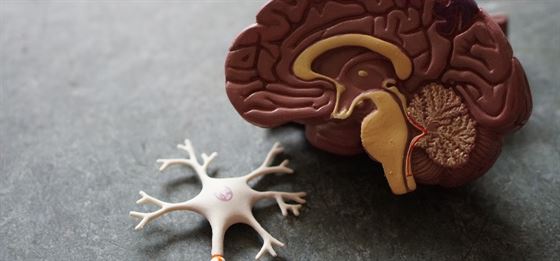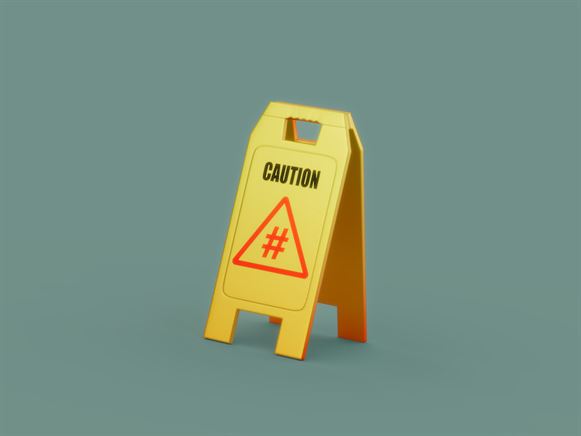
Types of Stress

Types of stress
Stress is an inevitable part of life, affecting us physically, emotionally, and mentally. It is a natural response to challenging situations, but its impact can vary. At its core, stress is the body's reaction to a demand or challenge. While this response is crucial for survival, prolonged or excessive stress can lead to a range of health issues. Today, we will explore types of stress and strain to understand what you are going through and how to manage it to ease that uncomfortable feeling.
What is Stress?
Stress is a normal and inevitable part of life. It is a physical and emotional response to a perceived threat or challenge. Types of stress and strain can be caused by various factors, including work, relationships, finances, health, and major life changes.
When we experience stress, our bodies release hormones such as cortisol and adrenaline. These hormones prepare us to fight or flee the perceived threat. However, if stress is chronic or prolonged, it can have a negative impact on our physical and mental health.
Types of stress: Good Stress vs. Bad Stress
There are two types of types of stress and strain: good stress and bad stress. Good stress, often referred to as "eustress," is the type of stress that motivates and drives individuals to achieve their goals. It is temporary and typically occurs in situations where the outcome is positive, such as starting a new job or preparing for a challenging but rewarding project. Eustress can enhance focus, creativity, and overall performance. For example, the stress of preparing for a job interview or a big presentation can help us to focus and perform our best.
Conversely, bad stress, known as "distress," is a harmful form of stress that overwhelms and debilitates individuals. Distress can result from negative financial problems, relationship issues, or work-related pressures. Prolonged exposure to distress can contribute to physical and mental health problems, including anxiety, depression, and cardiovascular issues.
Types of stress and strain
There are three main types of stress: acute stress, episodic acute stress, and chronic stress.
Acute stress is a short-term type of stress that is typically caused by a sudden or unexpected event, such as a car accident or a tight deadline at work. Acute stress is usually harmless, and our bodies can recover quickly. Acute stress is the most common and immediate form of stress. This type of stress is a normal part of life. However, when acute stress becomes chronic, it can lead to health problems.
Episodic acute stress is a types of stress and strain that occurs frequently but is still short-term. For example, a person who has a demanding job and is constantly under pressure may experience episodic acute stress. Episodic acute stress can be more harmful than acute stress because it does not give our bodies enough time to recover.
Chronic stress is a long-term types of stress and strain that is caused by ongoing stressors, such as a difficult job, a troubled relationship, or a chronic illness. Chronic stress is long-term and often results from ongoing problems. Unlike acute stress, the body's stress response remains activated for an extended period, leading to a constant release of stress hormones. Chronic stress is the most harmful type of stress because it can lead to a variety of health problems, including heart disease, stroke, high blood pressure, anxiety, and depression.
Signs and Symptoms of Stress
Stress can manifest itself in a variety of physical and emotional symptoms. Some common signs and symptoms of stress include:
- Headaches
- Muscle tension
- Fatigue
- Stomach upset
- Difficulty sleeping
- Irritability
- Anxiety
- Depression
- Difficulty concentrating
- Loss of interest in activities you used to enjoy
How to Manage Stress
There are a variety of things you can do to manage stress, including:
Identify your stressors. What are the things in your life that are causing you stress? Once you know what your stressors are, you can start to develop strategies for coping with them.
Make lifestyle changes. Eating a healthy diet, exercising regularly, and getting enough sleep can all help to reduce stress levels.
Learn relaxation techniques. There are a variety of relaxation techniques, such as deep breathing, meditation, and yoga, that can help to reduce stress and promote relaxation.
Seek social support. Talking to friends and family can help you to feel supported and less alone.
Physical Activity. Regular exercise is a powerful stress reducer, releasing endorphins that improve mood and reduce stress hormones. Activities like yoga, walking, or jogging can effectively manage stress.
Time Management. Break tasks into smaller, manageable steps to avoid feeling overwhelmed.
Prioritize and delegate tasks when possible, focusing on what truly matters.
Seek Professional Help. If stress overwhelms you, consider consulting a mental health professional for guidance and support at Chearful. Therapy and counseling can provide valuable tools to cope with stress and develop healthier coping mechanisms.
Stress is an inevitable aspect of life, but understanding its nuances is crucial for effective management. Remember, managing types of stress and strain is a necessary for a balanced and fulfilling life.
Articles
Build your awareness and get inspired with our researched articles on how you can strengthen your well-being
Popular Topics
An OTP has been sent to the email address
provided.
Please check your Inbox and Spam folders.

What Would You Like to Speak with a Specialist About?
Mental Fitness Journey starts Now!
Chearful Connects you with Top-tier Qualified Wellness specialists for the Price of a cup of Coffee!

Next Steps
- A Client Team member will reach out to you to schedule a session with the most suitable specialist.
- You will receive an email with a 10% Discount Code* for your 1st session.
- We invite you to Explore the Platform & Sign Up today! *Upto a maximum of $10 discount on a session purchased




 2289 Read
2289 Read




.jpg)







.png)
.png)

.jpg)

.jpg)




.jpg)
































.jpg)

.jpg)
.jpg)






























